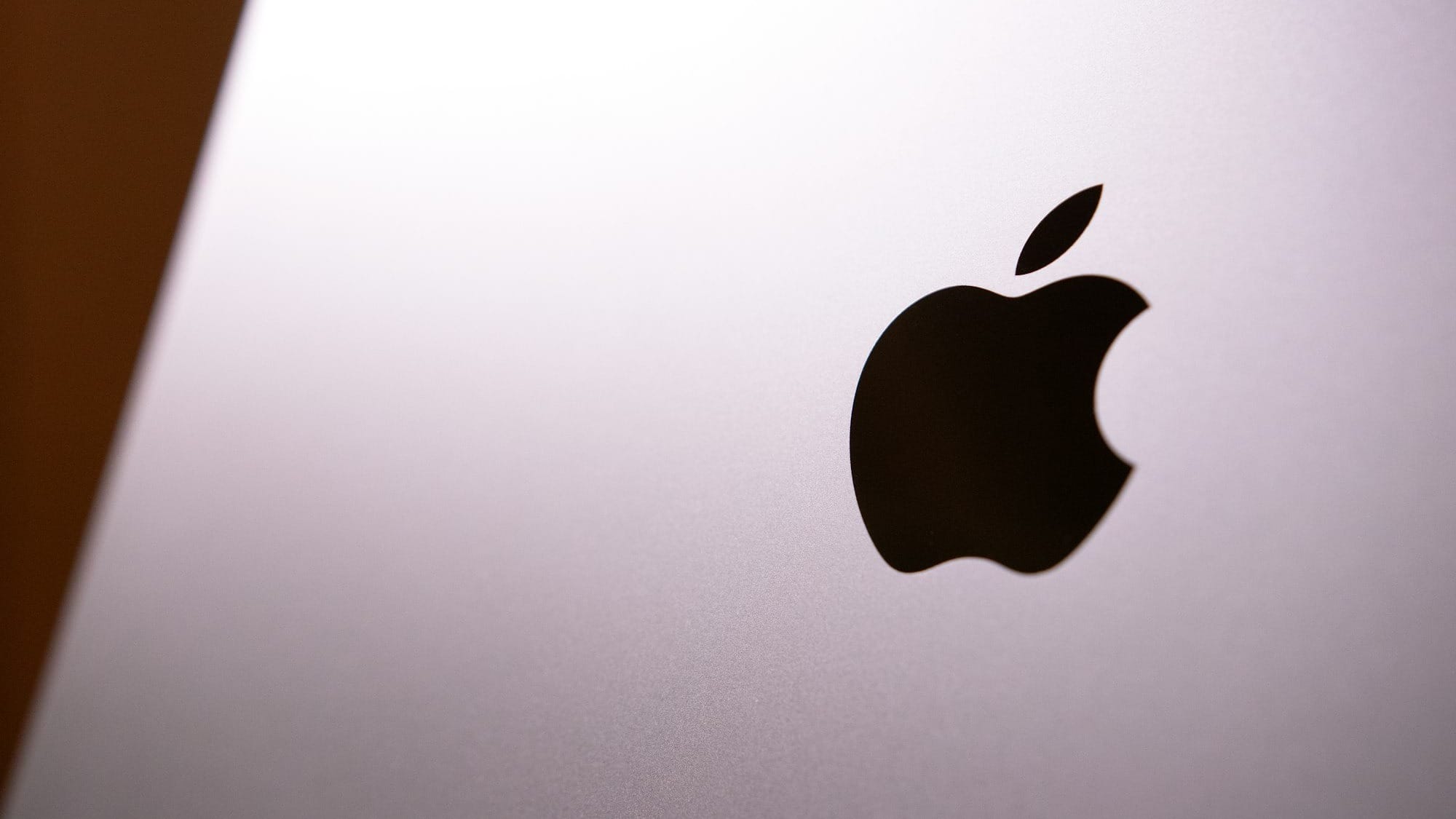Apple will now invest $1 billion in Indonesia to lift iPhone 16 ban
It will fund the construction of a manufacturing plant in Indonesia that will produce components for smartphones and other products.
In what appears to be the end of the saga between Apple and the Indonesian government, the tech giant has confirmed it will invest $1 billion in Indonesia following weeks of the iPhone 16 being banned.
This substantial investment is in response to Indonesia's strict local content requirements, which mandate that at least 40% of parts in smartphones sold domestically be sourced locally. Apple failed to meet these rules, resulting in the sales ban on its latest iPhone model. Now, Apple plans to turn things around by setting up a manufacturing plant in the country.
This announcement follows statements from Indonesia’s Investment Minister, Rosan Roeslani, who confirmed that Apple would need to make such an investment if it hoped to have the iPhone 16 ban lifted. Apple had previously offered figures of $10 million and then $100 million, but both were rejected, as the government believed they didn’t meet the local content requirements.

Apple’s $1 billion investment will fund the construction of a manufacturing plant in Indonesia that will produce components for smartphones and other products. This move is intended to help Apple meet the 40% local content requirement set by the government.
Notably, Apple’s situation is not unique. Companies like Samsung and Xiaomi have already set up manufacturing plants in Indonesia to meet similar local content requirements. Google also faced a ban on its Pixel phone for failing to meet these rules but has yet to make a public move to address the situation.
For years, Samsung has operated large-scale facilities in Indonesia, and Xiaomi has partnered with local manufacturers. Apple, however, had been reluctant to dive into full-scale local production, relying instead on strategies like application developer academies. This new investment, however, shows that Apple is now willing to play by the rules and solidify its presence in Indonesia’s market.
Looking ahead, this $1 billion investment could signal a new chapter for Apple’s production strategy in Indonesia and other markets with similar regulations. By responding to regulatory pressure with local manufacturing, Apple is positioning itself to thrive in regions where local content laws are tightening, turning challenges into long-term growth opportunities.








